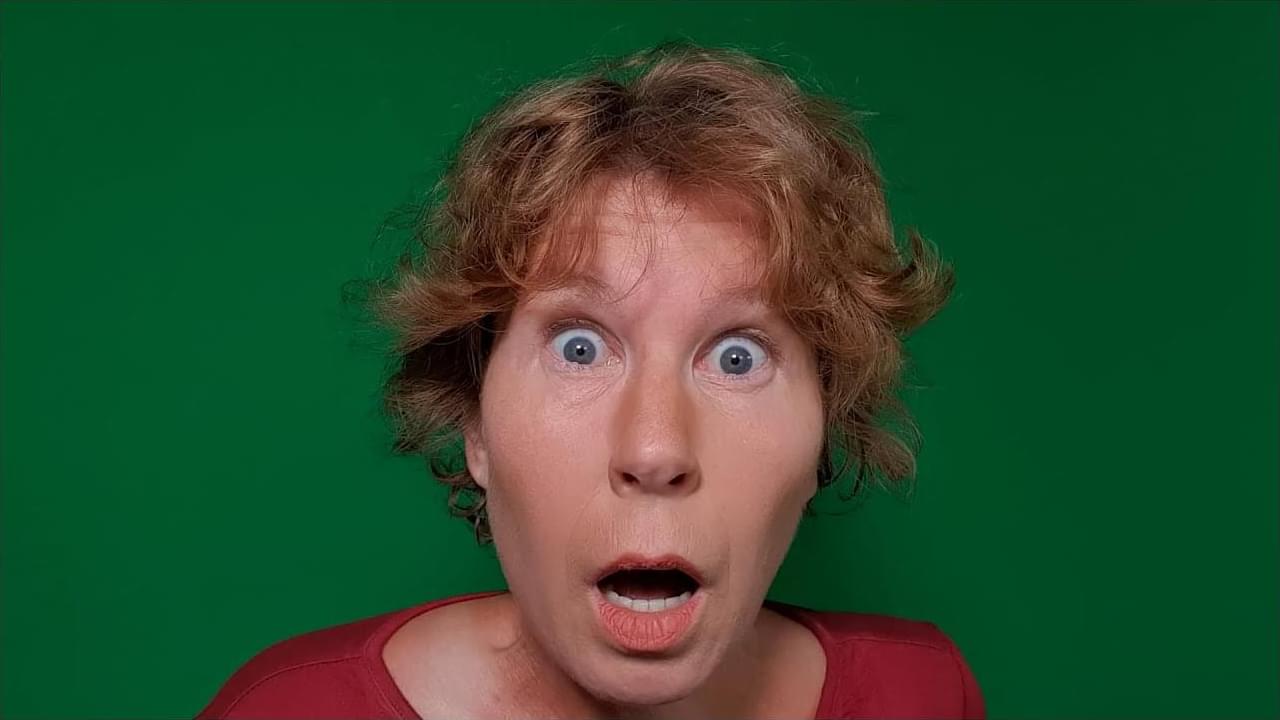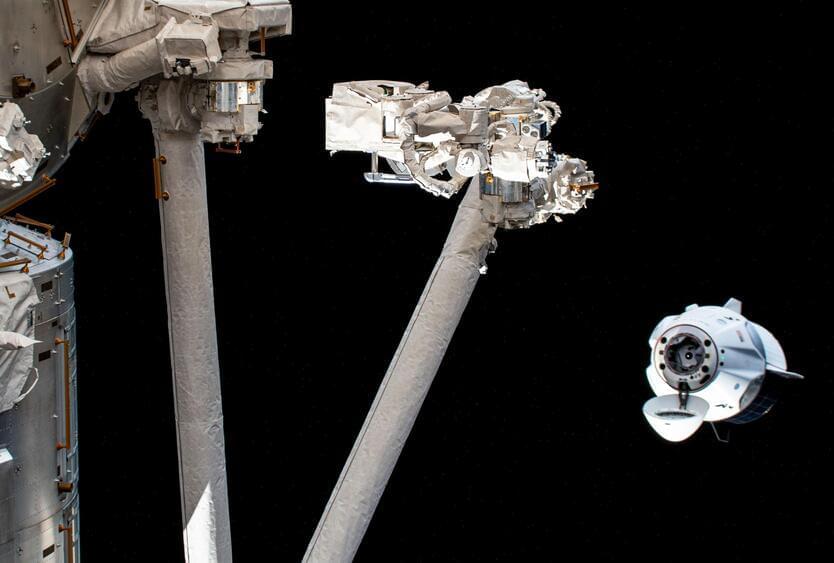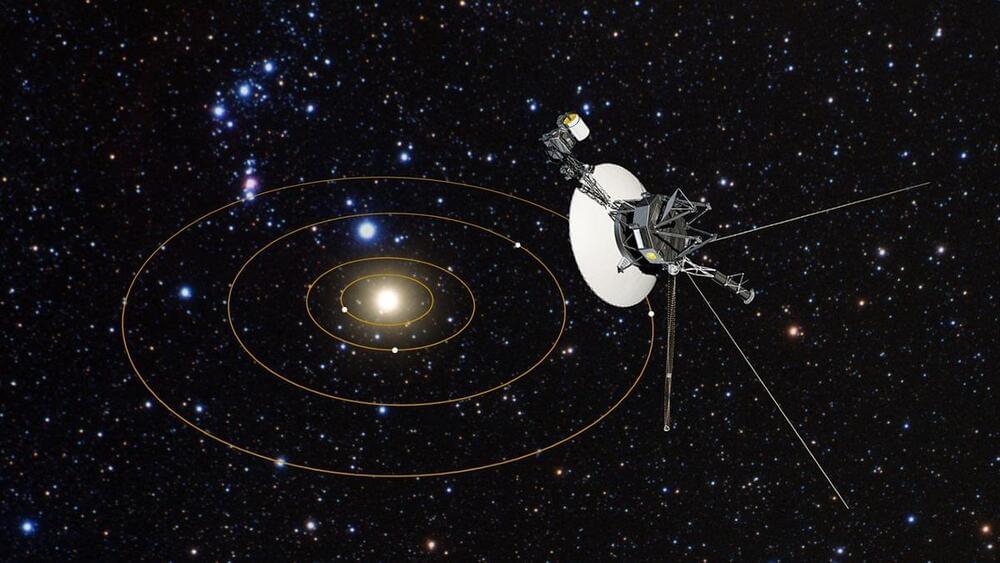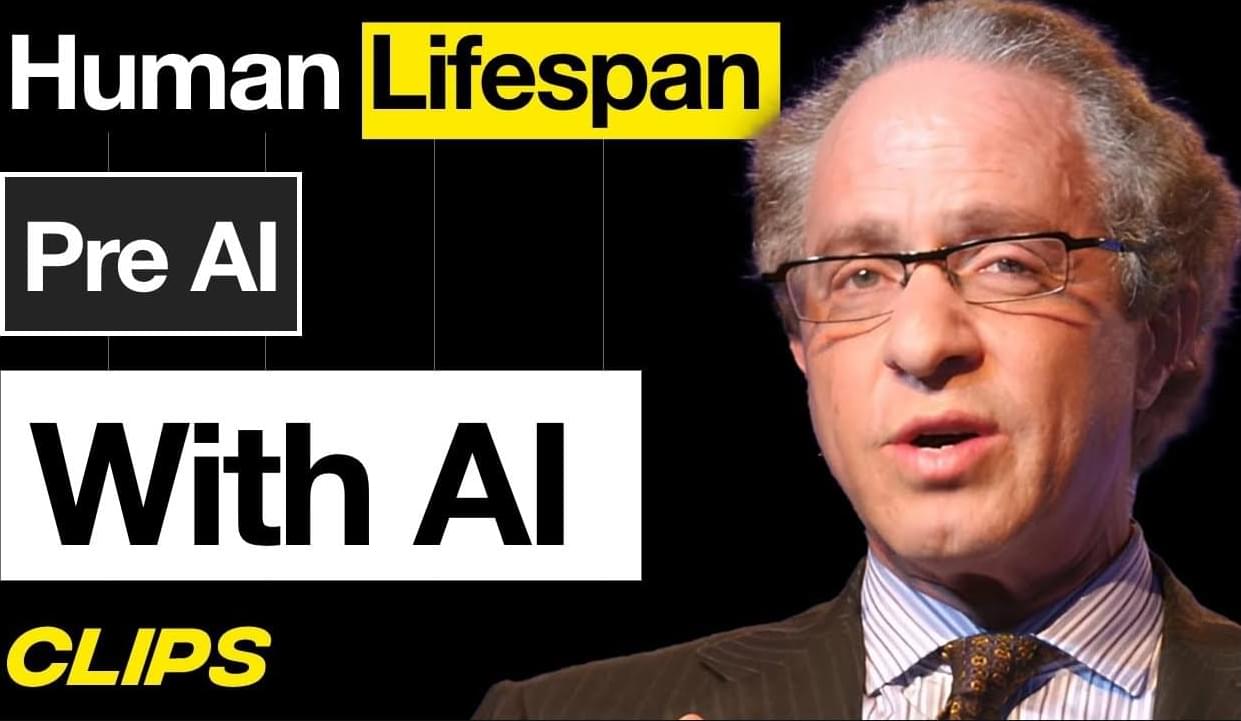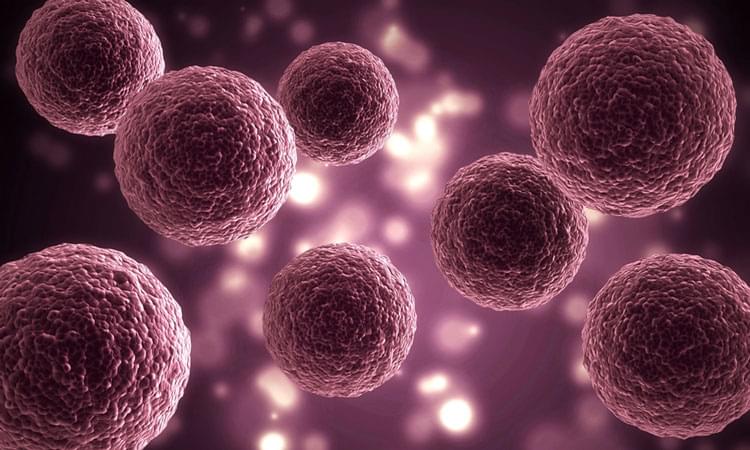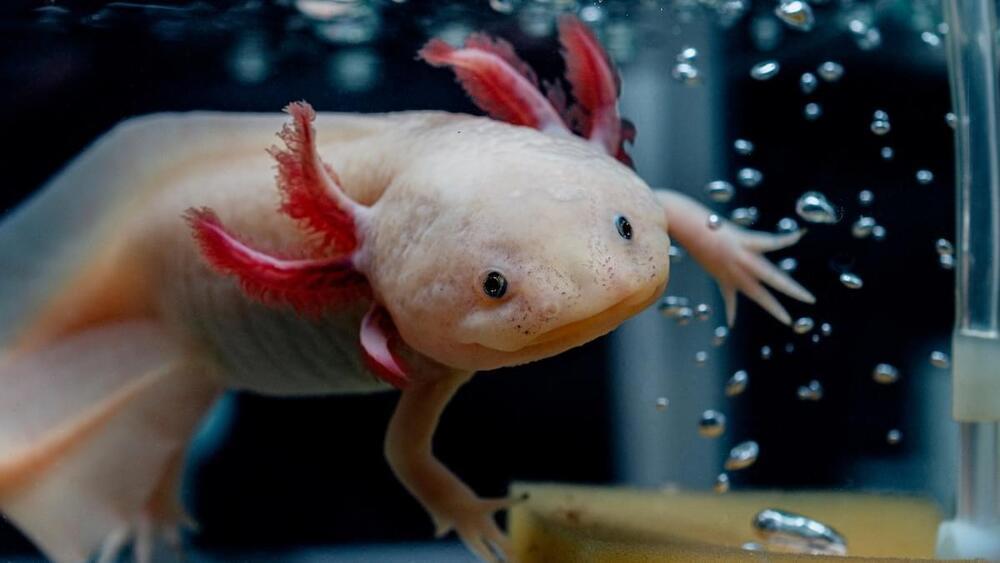Oct 31, 2024
The Problem With Sabine Hossenfelder
Posted by Dan Breeden in categories: physics, space
Sabine Hossenfelder is a very popular science communicator who focuses largely on topics in physics. Although much of her content is effective and without issue, there is an undercurrent of anti-establishment rhetoric that has grown immensely as of late, and it is an enormous problem. Sabine is a not a charlatan like most of my other targets, and this is not a hit piece, but rather commentary on this aspect of her work and how it came to be. If you are a fan of hers, consider this perspective.
Astronomy/Astrophysics Tutorials: http://bit.ly/ProfDaveAstronomy.
Classical Physics Tutorials: http://bit.ly/ProfDavePhysics1
Modern Physics Tutorials: http://bit.ly/ProfDavePhysics2
